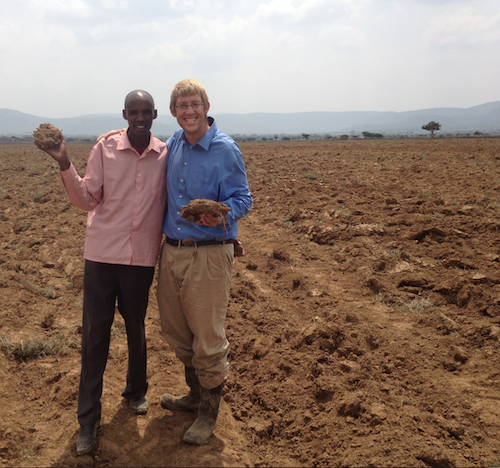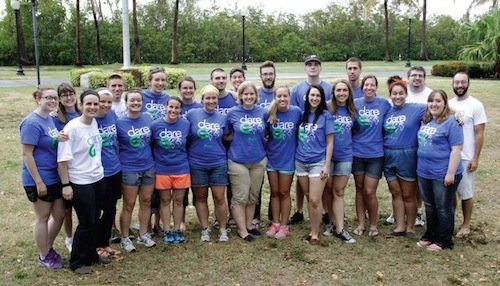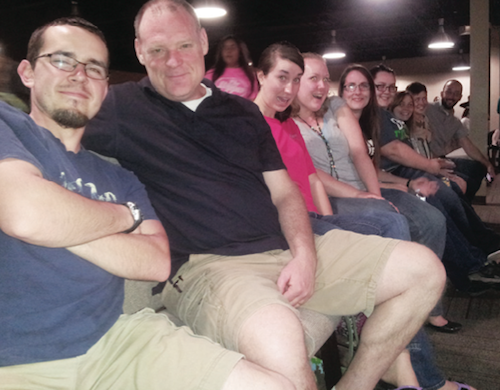- 06/10/2014
- new international
A farm towards sustainability
For thousands of years, the Maasai have been a pastoralist society, subsisting solely on their cattle and livestock for all of their needs.

For thousands of years, the Maasai have been a pastoralist society, subsisting solely on their cattle and livestock for all of their needs. To maintain their large herds, they require large tracts of land that allow them to move to different locations based on drought conditions. For the first time in Maasai history, their land is being subdivided into deeded tracts of land. With some of that land being sold to other tribes, and other sections being fenced off to construct homes or shops, the communal Maasai-land is shrinking, making nomadic pastoralism increasingly unsustainable as a life choice.
Due to these changes and the reduction of available grazing land, the Maasai are at increasing risk of devastating loss of livestock due to the unavailability of food for their livestock. There is a growing awareness that the traditional Maasai way of life is unsustainable, and that the Maasai will have to adopt alternative smaller-scale agricultural practices or become increasingly marginalized and impoverished.
In 2013, AfricaHope purchased 48 acres of undeveloped land in its ministry area in southern Kenya. The vision for this land is two-fold, to develop a sustainable, local source of funding for AfricaHope's ministry among the Maasai, and to educate the surrounding community in alternative agricultural practices. AfricaHope is working to develop the farm in the heart of Maasai-land in order to prove that alternative agricultural practices are not only possible in Maasai-land, but are also profitable. The AfricaHope farm will be a profitable, working farm, demonstrating various alternative agricultural practices such as egg production from chickens, raising chickens for meat, bee-keeping for honey production, advancements in home-gardening techniques that use minimal amounts of water, beans and corn, composting practices etc. This will be a place for the surrounding communities to visit, learn, and be able to replicate in their own homes and farms.
Currently we are preparing to put in a borehole, which will provide a permanent water source to the farm. Once that's completed, we'll need to outfit the farm with drip kits to reduce the amount of water needed to farm and provide a stable water source to our crops in times of drought. Help us raise $5400 to fund drip kits for the first 3 acres. Will you help move AfricaHope towards sustainability?
You may also enjoy:
-

Interns around the world
A summer internship with Venture can be a time of challenges and rewards, filled with learning experiences and opportunities. -

The flames are roaring now
I cannot wait till that glorious day when everyone will gather before the Lord, standing with those they have shared and invested Christ in.









